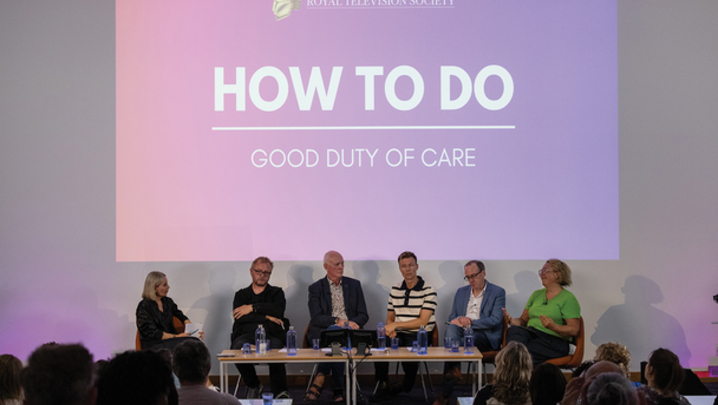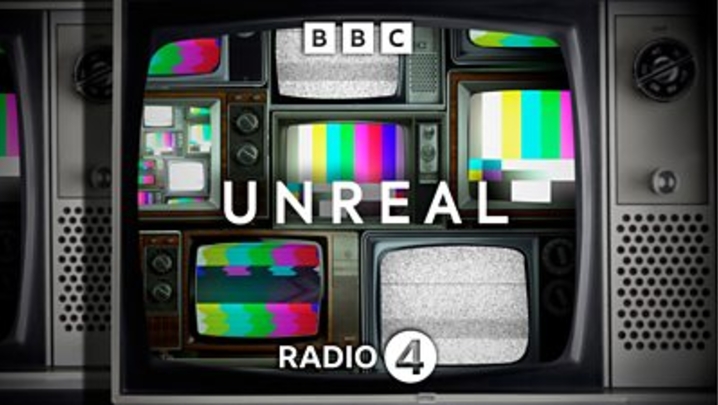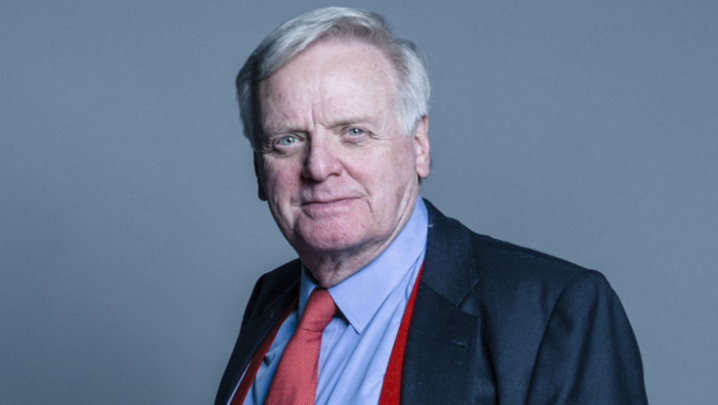Ofcom is beefing up rules aimed at protecting vulnerable people who appear on TV shows, reports Caroline Frost.
For decades, putting members of the public on screen was a win-win situation. From Blind Date to The Generation Game, from Survivor to Big Brother, there was always new fodder for the tabloids, huge audiences for advertisers – including that vital but hard to reach 16-24 demographic – and, for ordinary folk, the chance for a few dazzling moments to make their lives extraordinary.
In 2018, everything changed with the death of Sophie Gradon. The former Love Islander’s suicide prompted questions about the mental health of those who participate in reality shows. In the digital era, these contestants experience unprecedented personal scrutiny in mainstream media and, especially, on social media.
Another contestant from Love Island, Mike Thalassitis, killed himself in March 2019 and more questions were asked. Two months later, a contestant on The Jeremy Kyle Show, Steve Dymond, killed himself a week after appearing on the show. Instantly, we were reminded that these “characters” were, in fact, not caricatures created in a writers room, but real people.
Parliament swung into action. An inquiry was set up to examine what was happening on these programmes. Suddenly, reality TV had got all too real.
Now, 18 months after the inquiry began, Ofcom has announced changes to its rules. Specific guidelines coming in March, and to be enforced from April, will extend the scope of the Broadcasting Code.
While the regulator has long protected the rights of under-18s and other vulnerable people, the new guidelines extend that duty of care to people made vulnerable by their participation in TV shows. This applies during production and broadcast, and afterwards, particularly on social media.
Damian Collins MP chaired the House of Commons select committee inquiry into reality television. For him, a wider duty of care is a basic responsibility of broadcasters and programme-makers.
“It’s not a special duty of care. It’s bringing them on a par with other professionals,” he says. “People should know what they’re signing up for. It’s not a news broadcast where someone talks and goes. You’re bringing in members of the public, where you’re going to present them a certain way, whether it’s as a liar or as cheat. You’re stripping them of their agency.”
With the new rules covering public participants appearing across all TV genres, not just reality shows, it seems there’s good news and bad for broadcasters and programme-makers.
"At its best, reality TV will continue to provide great entertainment and drama without anyone suffering in the process"
The good news for companies is that this new requirement will result in few changes to the procedures they have been following in recent years regarding reality-TV participants.
David Jordan, the BBC’s director of editorial policy and standards, says: “We’ve had guidance on that for the past decade. We recognise that even people who don’t have inherent vulnerabilities can be made vulnerable as a result of being put in the public gaze. That runs through the gamut of shows, although it’s more pronounced in constructed reality.”
Paul Moore, head of communications and corporate affairs at ITV, highlights the benefit of the altered code: “There is nothing in these amended rules that we weren’t already doing. The great benefit you get when you formalise them, is that you are much more likely to think more deeply and clearly about what the risks are, and, therefore, what mitigation you need to put in place.”
However, one of the most challenging aspects of the whole exercise is that it is, frequently, the most vulnerable people who are affected. The people who are often the most enthusiastic to sign up for a trip to the Love Island villa, a stint in the Big Brother house or a dramatic reunion with an Ex on the Beach, are the very people who, as Ricky Gervais so damningly described it, “live their lives like an open wound to be famous”.
Prash Naik, former general counsel for Channel 4 and now a lawyer at Reviewed and Cleared, makes the point that producers can rely only on material that contributors are prepared to disclose: “Experience says that there will always be certain information your contributor won’t share, if they think it means they’ll be excluded.”
For Jordan, the risk assessment approach – analysing and, if necessary, rejecting participants – is one the BBC has been used to taking: “The screening process is very important. It is sad that, sometimes, we do have to turn people down because we don’t think they’re psychologically suited to the kind of scrutiny they’ll get if they take part in a show.”
For Moore, clearly sensitive to ITV’s tragic record in contributors’ vulnerability, any extra money or resources committed to risk assessment early on in the process is well worth the outlay: “Investing the money in better analysis and improved screening gives everyone more guarantees that only people with adequate resilience will be allowed to participate in the higher-risk genres. You don’t want people dropping out or being affected afterwards.”
One of Ofcom’s case leaders, Lily Berwick, stresses that there is no wish on the part of the regulator to squash participants’ opportunities: “We don’t want to dissuade anybody from taking part. But it’s important that, when they do, they are properly informed as to what that entails, both during the show and afterwards.”
The bigger challenge for broadcasters, the one that might be seen as the bad news, seems to be Ofcom’s standard procedure of applying its guidelines equally across the industry and to all programme genres.
Naik says that, while the makers of established reality-TV shows will not be adversely affected by the code’s changes, other genres will experience a significant impact. He explains: “It will require putting in place risk assessment and care procedures with a clear paper trail so that, in the event of a complaint by a participant that they have suffered harm, the producer or broadcaster can demonstrate that they took reasonable steps to mitigate against this.”
He argues that, while news and current affairs, with their quick turnarounds, should not have been subject to such provisions, producers can take some comfort that the rules include a public interest exception and a proportionality requirement.
So, for example, a game show contestant may require a lesser duty of care than a Love Island contestant, and a subject of a news investigation even less when measured against the public interest. “Ultimately, these are value judgements,” Naik believes.
The BBC’s Jordan thinks that having a “one-rule-fits-all” approach represents a challenge for many different genres: “The difficulty is ensuring that something devised to cope with the kind of instances we’ve seen in reality-TV does not have a deleterious effect on news and other output, which is not the reason this came into being.
“We’re still wrestling with that, trying to minimise the impact on areas which were never the problem.”
At its best, reality TV will continue to provide great entertainment and drama without anyone suffering in the process. One recent example of what is possible was the 2019 series of Love Island, when contestant Amy Hart was left heartbroken by Curtis Pritchard and decided to leave the villa.
Moore remembers: “It was clear to the viewer that Amy had the support she needed. She worked her way to leaving with her head held high, and that narrative arc was as compelling as any we’ve had.”
So what will success look like? For Collins, it is straightforward: “We don’t see a repeat of the tragedies we’ve seen in the past, as a consequence of people being misrepresented and not being supported.”







